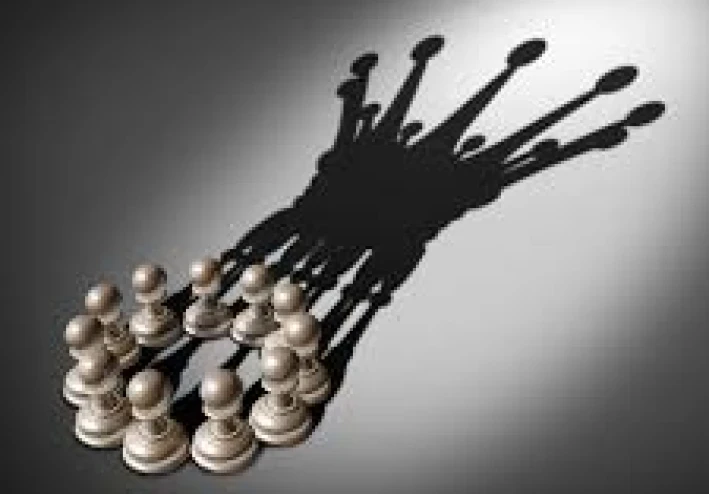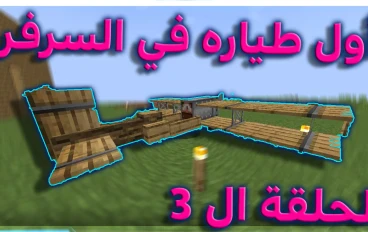
The 3 Most Critical Skills to Become a Stronger Chess Player
1. Tactical Calculation: Seeing Immediate Threats
Why It Matters
Tactical awareness separates winners from losers in amateur games. Most games at beginner and intermediate levels are decided by tactical blunders rather than strategic plans. Developing sharp tactical vision allows you to:
Spot opportunities to win material instantly
Avoid falling into your opponent's traps
Convert advantages into victories
How to Improve
Daily tactical training is non-negotiable. The brain develops pattern recognition through repetition. Spend at least 20 minutes every day solving puzzles on Lichess or Chess.com, focusing on common motifs like pins, forks, skewers, and discovered attacks. Analyze all your lost games to identify where you missed tactical opportunities. Remember - the player who spots the last tactic wins.
2. Positional Understanding: Long-Term Advantage
Why It Matters
While tactics win games, positional understanding helps you reach positions where tactics emerge naturally. This includes:
Pawn structure awareness

Piece activity and coordination
Space control and strategic planning
How to Improve
Study classic games of positional masters like Capablanca and Karpov. Notice how they accumulate small advantages. Play slow games (at least 30 minutes per side) where you consciously apply strategic principles like controlling the center, improving piece placement, and creating weaknesses in your opponent's camp. After each move, ask yourself: "What is the worst-placed piece, and how can I improve it?"
3. Endgame Technique: Converting Advantages
Why It Matters
Most amateur players neglect endgames, yet this is where many games are won or lost. Proper endgame knowledge helps you:
Save difficult positions
Convert winning positions
Understand precise king and pawn play
How to Improve
Start with fundamental king and pawn endings, then progress to rook endings - the most common in practical play. Practice basic checkmates (king and queen vs king, king and rook vs king) until they become automatic. Use endgame trainers on Chessable or practice against computer opponents from set positions. Remember - in endgames, the king becomes a strong attacking piece.
Implementation Plan
Daily Routine
20 minutes tactical puzzles
30 minutes analyzing one strategic game
15 minutes endgame practice
Weekly Review
Analyze all your games with engine assistance
Identify recurring mistakes in all three areas
Monthly Goals
Master 3 new tactical patterns
Deepen understanding of 1 strategic concept
Perfect 2 essential endgame positions
Pro Tip: Focus on quality over quantity. 30 minutes of concentrated study beats 3 hours of distracted practice. Track your progress by monitoring your puzzle rating and endgame accuracy statistics.
Final Thoughts
Chess improvement requires balanced development across all three areas. While natural talent plays a role, consistent structured practice is what ultimately creates strong players. As former World Champion Botvinnik said: "Chess is the art of analysis." By systematically working on tactics, strategy, and endgames, you'll build the complete skillset needed to advance through the ranks.
Remember - every grandmaster was once a beginner. Your next step? Open a chessboard and start applying these principles today.

































